Polish artist Zuzanna Janin presents her works on solo exhibition “Mapping Memory” in Budapest-based Platan Gallery. Her consequent and courageous strategy of transforming memories and private experiences into a universalised visualisation results in multipart installations including wide range of media. Janin wisely combines sculpture, video, photography, performance and sound art. She filters contemporary issues of global society with a new, surprising perspective, working for equality and deconstructing stereotypes exposes new challenges to face: from widespread online hate speech to global security. Innovative formal solutions and richness of contexts make Janin one of the most interesting Polish contemporary artists.
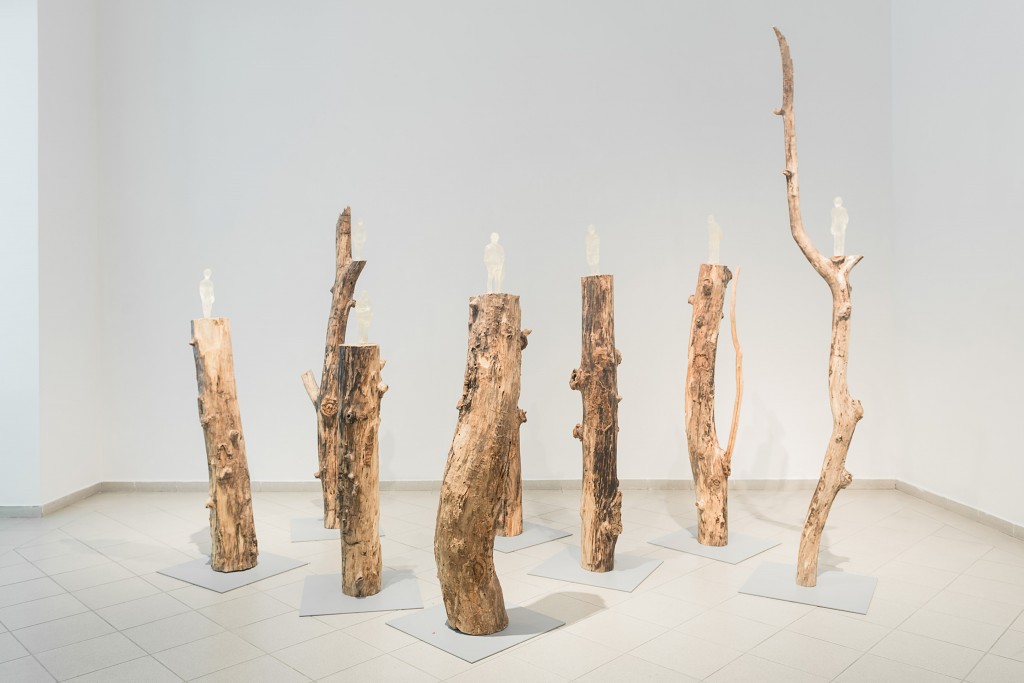
Zuzanna Janin, exhibition view: “Mapping Memory”, Platan Gallery, Budapest, photo: Hegyháti Réka / Platan Galéria
Patrycja Rup: In your projects you work with defragmented memory by shifting from private stories to collective experience of groups, communities and generations. Your strategy of creating new personal narrations is very egalitarian and opens for unrevealed “heroes” and “heroines” starting with your family and friends to unknown individuals. Do you think this peaceful strategy may finally break down overbearing dominant narrations?
Zuzanna Janin: Yes, this is constant adding the narrations, themes, people who are missed in the official culture and popular, sometimes even stereotyped narrations.
PR: Would you say that there are artists and curatorial strategies which significantly inspired your projects?
ZJ: I’m building my own strategy, it’s just following my thoughts and consciousness. It’s important to find your own way to think and build the works, especially these days, also to known what are you working on, for whom and what it brings as a possible meaning. Not only today, but in future as well. It’s important to understand that memory is a tool of future. All we will have in the future is a memory about us. Forgetting memory is a mistake but some people don’t think about it.
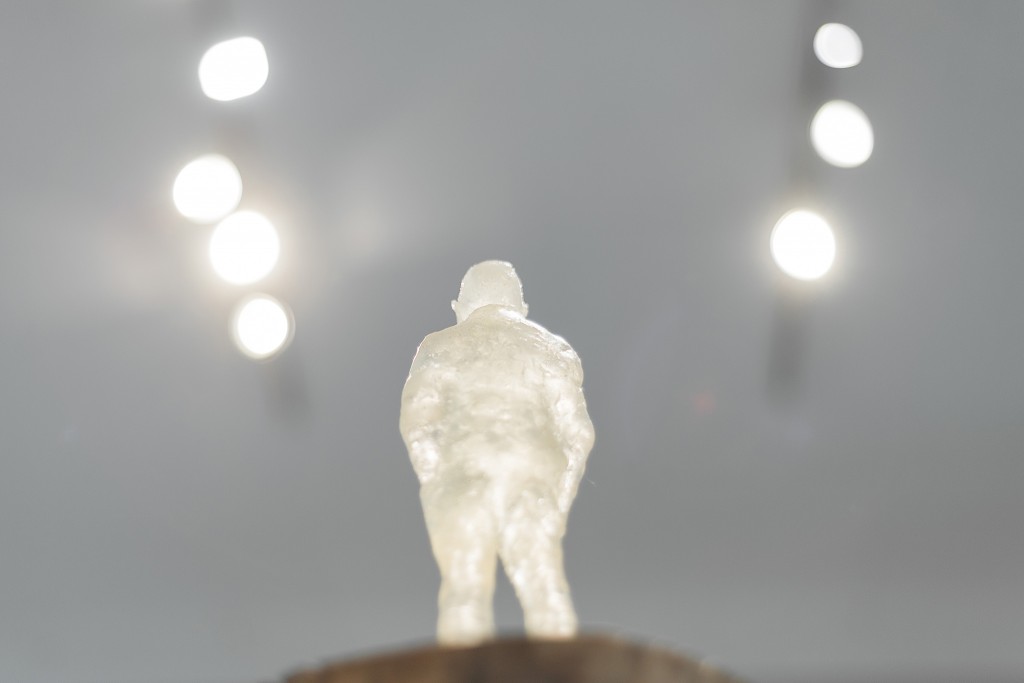
Zuzanna Janin, exhibition view: “Mapping Memory”, Platan Gallery, Budapest, photo: Hegyháti Réka / Platan Galéria
PR: Your projects consist of multiple pieces and pull together into thematic series in some cases arose from many years of creation. Wide range of media applied in these works give them unique spatial and temporal character, they connect meaningful past events with its traces now. How do you search for suitable forms?
ZJ: This is a way of working: collecting and clashing differences, oppositions. I think and I’m accumulating observations for a long time, wondering, planning. And then I’m looking for the best communicative way to realize these considerations. I always want them to be multi-meaning, not obvious, not straight, that viewer can add thoughts, experiences, find herself/himself feelings in it and her/his memory as well.
PR: You aren’t afraid of difficult and uncomfortable questions, your projects rather focus on these problematic zones, where you try to face the fear and weaknesses. In one of your interviews you said: “We live in a fear management civilization, and death is at the centre of that management.” How do you see this mechanism? Is there a way to release?
ZJ: Just observation, careful leasing the feelings. Just this. It’s easy to see and hear all of these in the air. Sometimes this is a kind of intuition and the meanings and clear understanding comes with the form of work, when the based on this it’s done.
PR: Which of your works are the most significant to you?
ZJ: Every work…my works are appearing in the processes and stages, are result from each other. All works seems to be important, even these little, not so visible. They all created my way. But probably it would be FIGHT, DANCE…, Seven Death, Seven Fathers. Last time it would be Seven Dances… well, it’s difficult to say so… all are a part of the entire work of mine.
PR: What are the most important problems you would like to work on in your future projects?
ZJ: We are now in a very strange, very instable historical moment. The ideas from 60s of XX century which supposed to bring us a democratic happiness seem to be not understandable for forthcoming generations. This is probably the biggest mistake of the generation of our parents and our – not generating a communicative language to keep conscious about it. Capitalism was cynically using the idea to make private wealth, not to share with others. In the same time the talk about ideas of equality, sharing and taking care of weaker was so obvious, that it was lost among primitive, populist ideas. This is important to remind about the basis of equality for all possible way.
Zuzanna Janin – (b. 1961) Polish artist, she creates sculptures, videos, installations, photography and performances. Janin participated in numerous shows in Europe and world-wide. She opened successful lokal_30 Gallery in 2005 in Warsaw with curator Agnieszka Rayzacher, where they organized numerous art projects and professional debates. Her works was presented i.e.: at Sonbeek’93, Sydney Biennal, Istanbul Biennal, Liverpool Biennale, and in 54th Venice Biennale of Art (in the Romanian group presentation). Janin was a finalist of Adi Prize for Art in 2003 in Jerusalem. In 2006 she was a co-curator of awarded show of lokal_30 at Viennafair. In 2016 she was awarded The Best Artist Prize at ArtVilnius’16.
Interview by Patrycja Rup – culture manager & journalist. Lives and works in Budapest.
“Mapping Memory”
artist: Zuzanna Janin
curator: Tomasz Piars
Opening speech: Barnabas Bencsik
Platan Gallery, Andrássy Street 32, Budapest
Opening June 29th, 7.00 p.m.
On view till August 18th
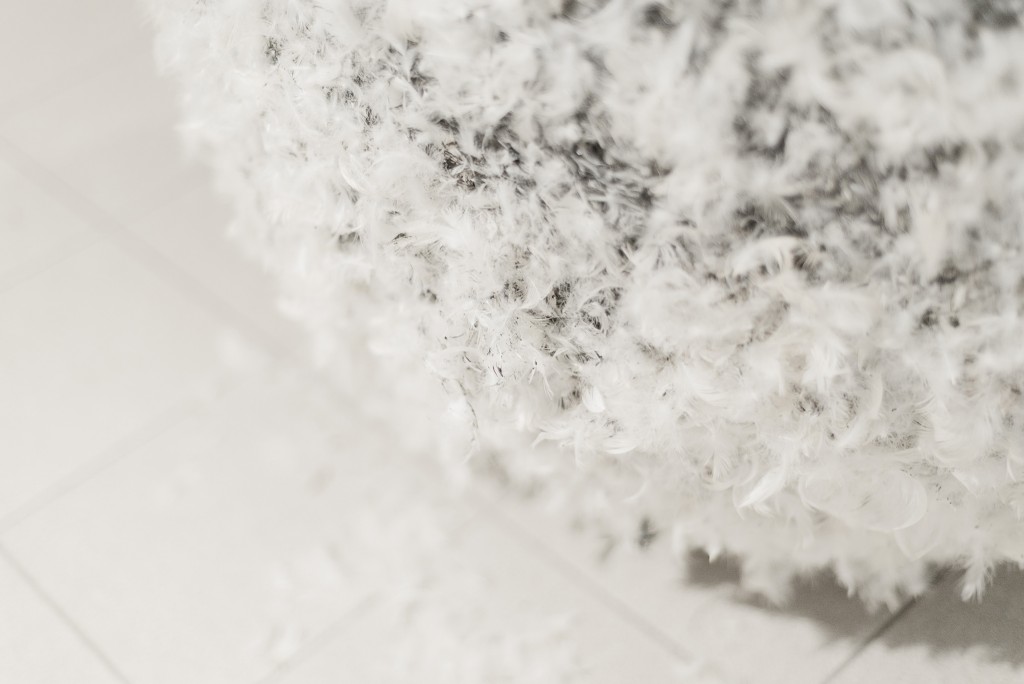
Zuzanna Janin, exhibition view: “Mapping Memory”, Platan Gallery, Budapest, photo: Hegyháti Réka / Platan Galéria
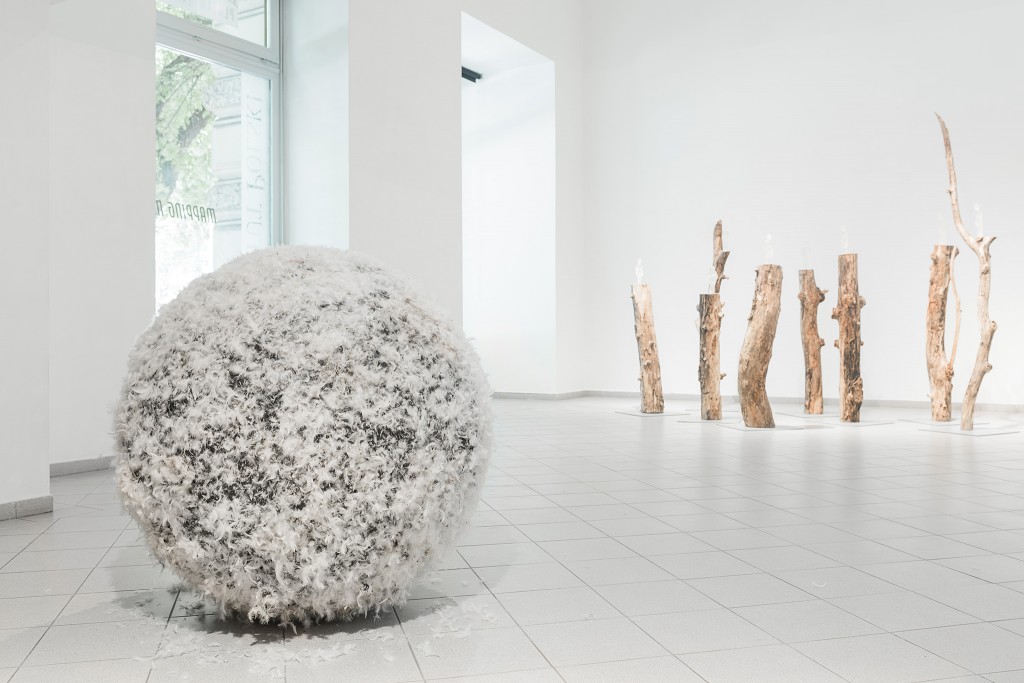
Zuzanna Janin, exhibition view: “Mapping Memory”, Platan Gallery, Budapest, photo: Hegyháti Réka / Platan Galéria
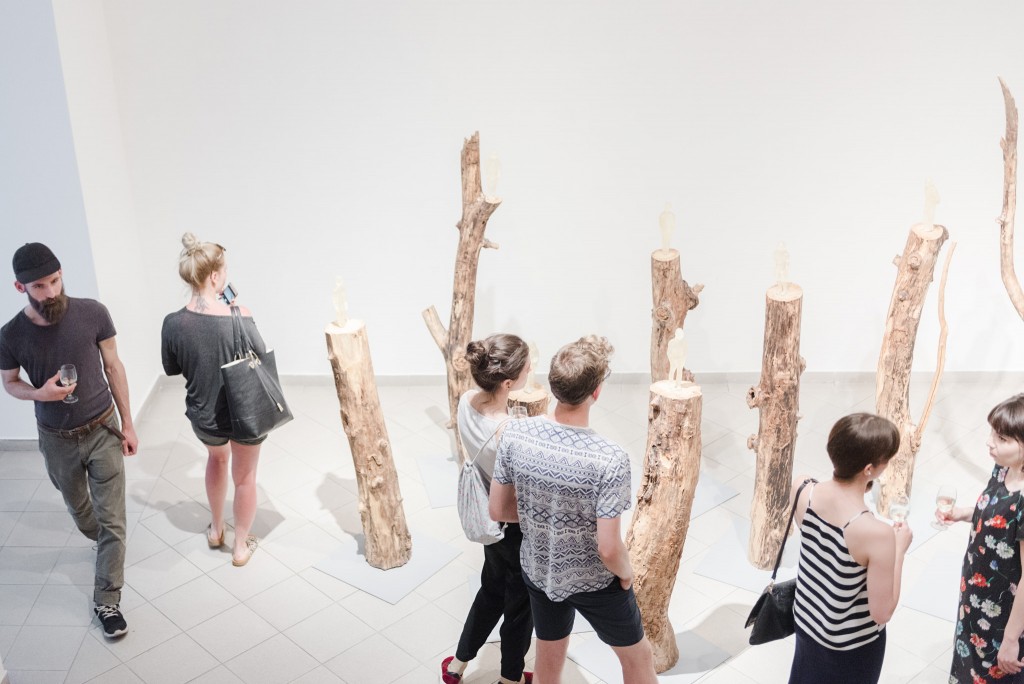
Zuzanna Janin, exhibition view: “Mapping Memory”, Platan Gallery, Budapest, photo: Hegyháti Réka / Platan Galéria
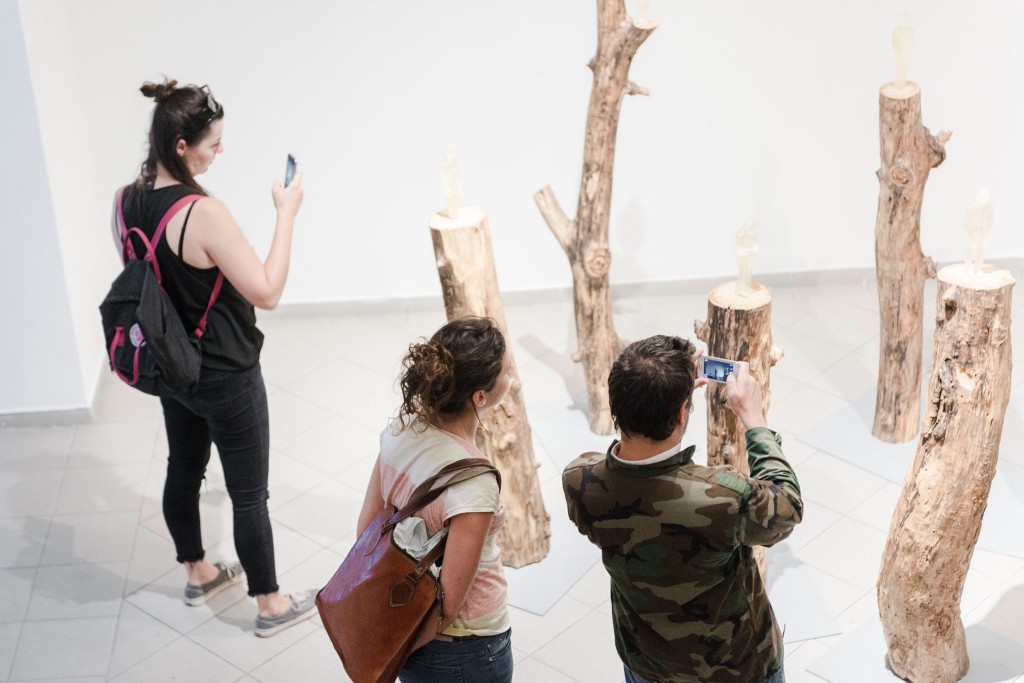
Zuzanna Janin, exhibition view: “Mapping Memory”, Platan Gallery, Budapest, photo: Hegyháti Réka / Platan Galéria







